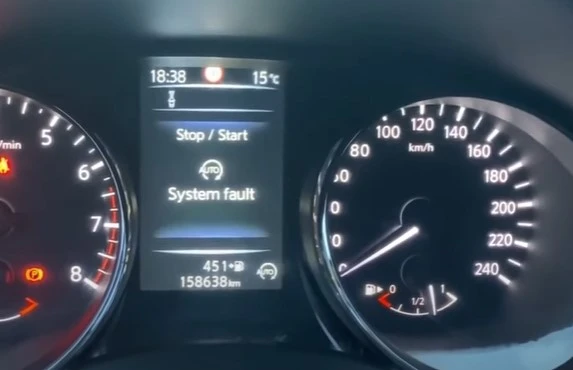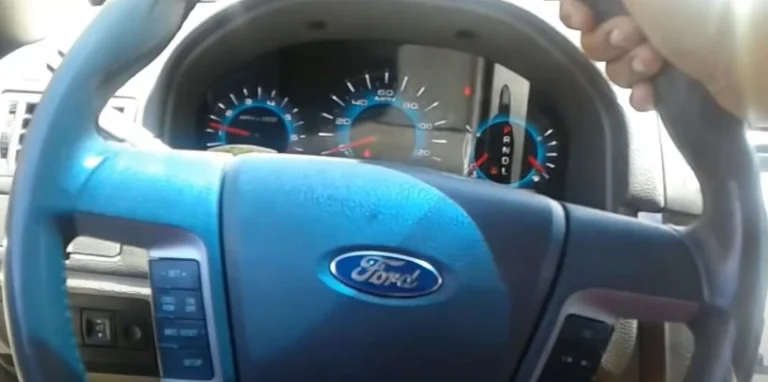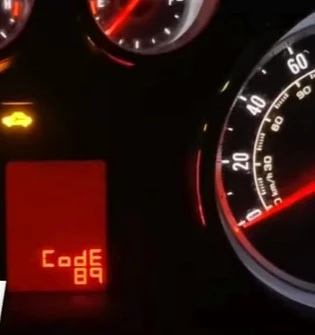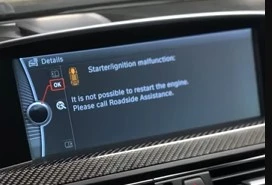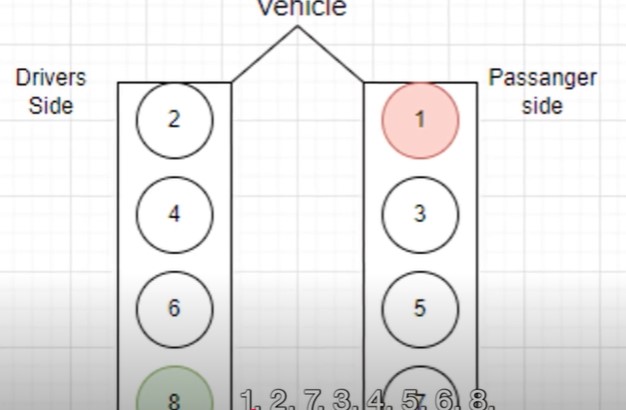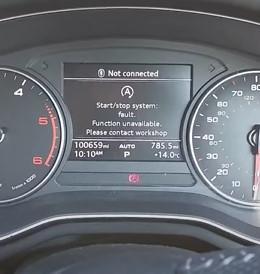VW Clutch Not Returning (What to Do When Face This Issue)
If you’re driving a Volkswagen (VW) and experience a clutch that doesn’t return to its normal position, it can be concerning. A non-returning clutch can affect your ability to shift gears smoothly, making driving unsafe and uncomfortable.
VW Clutch Not Returning, In this article, we’ll dive into the reasons behind this issue, how to troubleshoot it, and possible solutions to get your VW clutch working properly again.
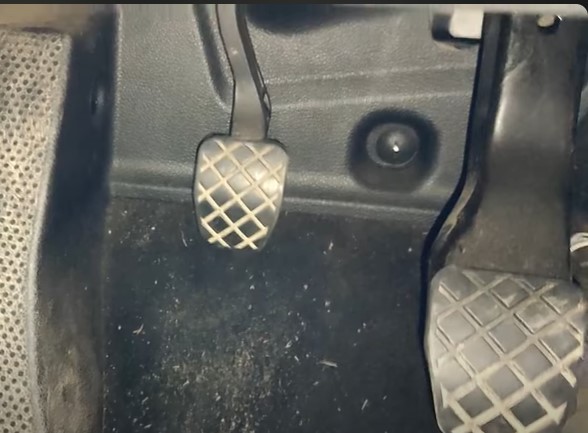
Common Causes of VW Clutch Not Returning
Several factors can lead to a VW clutch failing to return. Understanding these common causes can help you identify the problem quickly and take the necessary steps to resolve it.
1. Low Clutch Fluid or Air in the Hydraulic System
In most modern VW vehicles, the clutch operates via a hydraulic system. If there is low clutch fluid or air in the hydraulic lines, the clutch might not engage or disengage properly, causing it to fail to return. This issue is often accompanied by a spongy or soft clutch pedal feel.
2. Worn or Damaged Clutch Master Cylinder
The clutch master cylinder is responsible for transferring hydraulic pressure to the slave cylinder, which then moves the clutch fork.
If the master cylinder is worn or damaged, it may not generate enough pressure, causing the clutch pedal to remain stuck or not return to its original position.
3. Faulty Clutch Slave Cylinder
The clutch slave cylinder works in conjunction with the master cylinder to operate the clutch. If it fails or develops leaks, it may result in the clutch pedal not returning properly. This could also lead to difficulty in shifting gears.
4. Broken Clutch Spring
The clutch spring is responsible for returning the clutch pedal to its normal position after it’s pressed. If this spring becomes broken or worn out, the pedal may not return, causing a lack of responsiveness when shifting gears.
5. Clutch Cable Issues (For Older Models)
If you own an older VW model with a mechanical clutch system, a faulty or stretched clutch cable may be the cause.
Over time, the cable can become worn or lose tension, preventing the clutch pedal from returning properly.
How to Diagnose a VW Clutch Not Returning
Diagnosing the exact cause of a VW clutch not returning can be tricky, but here are some steps to help you pinpoint the issue:
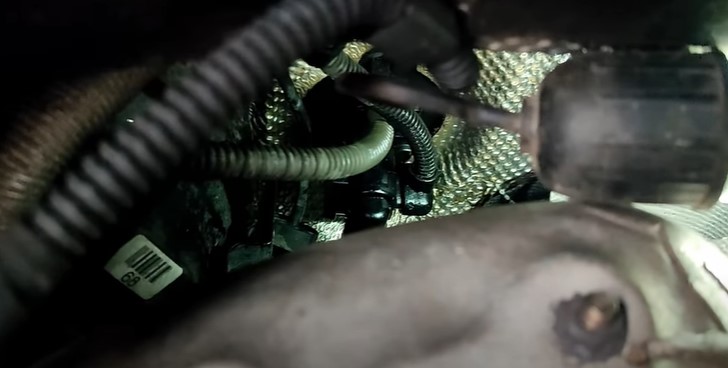
1. Check the Clutch Fluid
Start by inspecting the clutch fluid reservoir. If the fluid is low, top it up with the appropriate fluid recommended by your VW manufacturer.
If you continue to experience clutch issues, it may indicate a leak in the hydraulic system or air in the lines, which will require further inspection.
2. Inspect for Leaks
Look for visible signs of clutch fluid leaks around the master cylinder, slave cylinder, and hydraulic lines. Leaks can lead to a loss of pressure in the system, causing the clutch pedal to malfunction.
3. Test the Pedal Feel
Press the clutch pedal and assess its feel. If it feels spongy or soft, this is a clear sign that there may be air in the hydraulic system or an issue with the master/slave cylinder.
4. Listen for Unusual Noises
If you hear strange noises when pressing the clutch pedal, it could indicate a mechanical problem, such as a damaged spring or worn clutch components.
5. Check the Clutch Cable (For Older Models)
If you have an older VW model with a manual transmission and a cable-operated clutch, check the condition of the clutch cable.
Look for signs of fraying, stretching, or damage. A stretched or broken cable will prevent the clutch pedal from returning properly.
How to Fix a VW Clutch Not Returning
Once you’ve diagnosed the cause of the clutch issue, here are some potential solutions to fix it:

1. Top Up the Clutch Fluid
If low fluid is the cause of your clutch not returning, topping up the fluid is the first step. Ensure you’re using the right type of clutch fluid recommended by VW. After adding the fluid, you may need to bleed the system to remove any air trapped in the lines.
2. Replace the Master or Slave Cylinder
If the master or slave cylinder is damaged or leaking, it will need to be replaced. This is a more advanced repair that may require professional help if you’re not familiar with working on hydraulic systems.
3. Replace the Clutch Spring
If the issue is a broken or worn-out clutch spring, you’ll need to replace it to restore proper pedal function. This repair may require disassembling parts of the clutch assembly, so it’s best to consult a mechanic.
4. Fix or Replace the Clutch Cable (For Older Models)
If your VW uses a mechanical clutch system, replacing or adjusting the clutch cable may fix the issue.
Over time, clutch cables can stretch or become damaged, affecting the pedal’s return. Replacing the cable should restore normal clutch operation.
5. Bleed the Clutch System
After addressing any issues with fluid, cylinders, or air in the lines, you may need to bleed the clutch system to remove any trapped air.
This step ensures that the system is pressurized properly, allowing the clutch pedal to return to its normal position.
People also ask
What causes the clutch to not come back up?
Several factors can cause a clutch not to return:
Low Clutch Fluid: Insufficient fluid in the hydraulic system can prevent the clutch from engaging and disengaging properly.
Faulty Master or Slave Cylinder: If these cylinders are damaged or leaking, they can’t generate enough pressure to return the clutch pedal.
Broken Clutch Spring: A damaged or worn spring can fail to bring the clutch pedal back up after pressing it.
Air in Hydraulic Lines: Air trapped in the lines reduces hydraulic pressure, causing the pedal to stick.
Worn Clutch Cable (Older Models): For older vehicles with cable-operated clutches, a stretched or broken cable can prevent the pedal from returning.
What is the cause of the clutch pedal not returning?
The clutch pedal may not return due to:
Low Clutch Fluid: Insufficient fluid can disrupt hydraulic pressure.
Faulty Master or Slave Cylinder: Leaking or damaged cylinders can’t create enough pressure.
Broken Clutch Spring: A damaged spring fails to bring the pedal back up.
Air in Hydraulic Lines: Trapped air reduces hydraulic efficiency.
Worn Clutch Cable (Older Models): A stretched or broken cable prevents proper pedal movement.
What is the life expectancy of a VW clutch?
The life expectancy of a VW clutch typically ranges from 50,000 to 100,000 miles. However, it can vary depending on driving habits, terrain, and maintenance.
Aggressive driving or frequent stop-and-go conditions can wear out the clutch faster.
How do you know if a VW clutch master cylinder needs replacement?
You may need to replace the VW clutch master cylinder if you notice:
Soft or Spongy Pedal Feel: The clutch pedal feels unusually soft or doesn’t engage fully.
Difficulty Shifting Gears: You experience trouble shifting gears smoothly.
Fluid Leaks: Visible clutch fluid around the master cylinder or pedal.
Pedal Sticking or Not Returning: The clutch pedal remains stuck or doesn’t return to its normal position.
Low Clutch Fluid: Persistent low fluid levels without obvious leaks, indicating internal leakage in the master cylinder.
Conclusion
A VW clutch not returning can be a frustrating issue, but with the right knowledge and approach, you can diagnose and fix the problem.
Start by checking the clutch fluid and looking for leaks, and then proceed with inspecting the master/slave cylinders, clutch spring, or cable.
If you’re unsure about performing these repairs yourself, it’s always a good idea to seek professional help to ensure your vehicle remains safe and functional.

